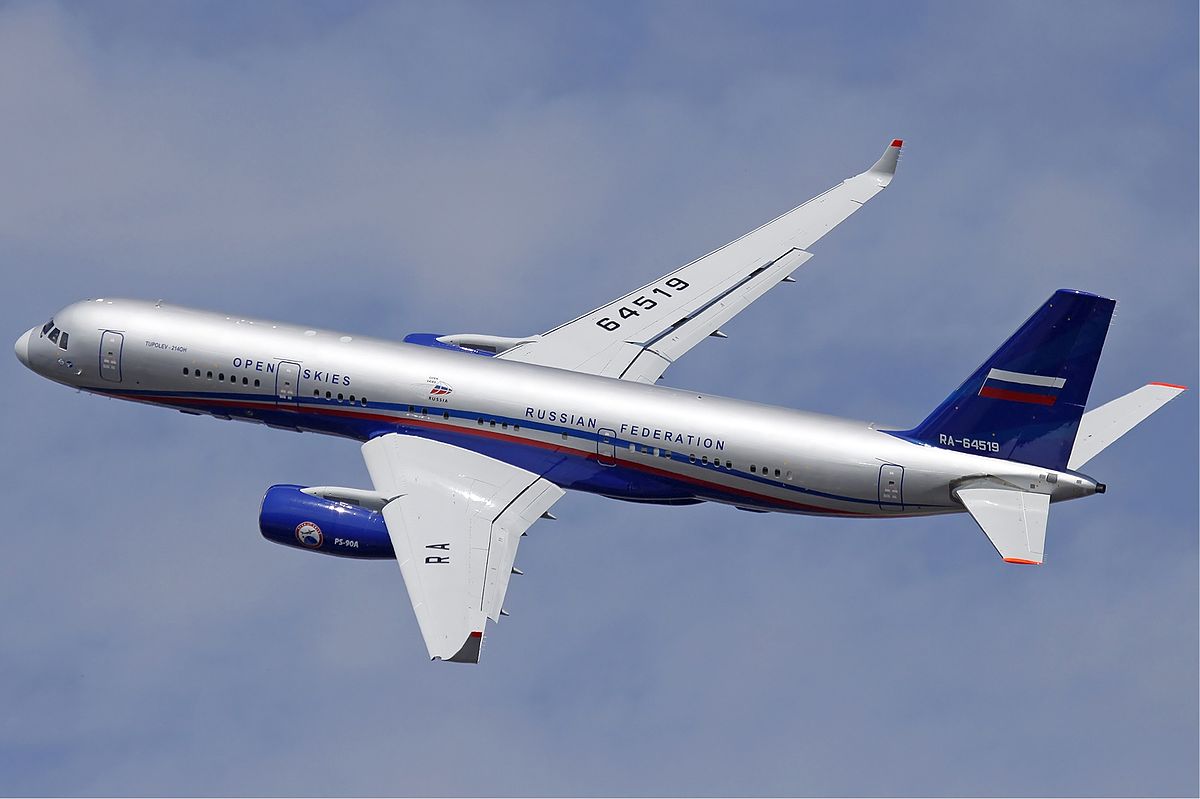The #Openskiestreaty docs published by #Russia yesterday also include the manuscript by S. Ryabkov from the state conference on July 6. His speech (in Russian) includes one surprisingly blunt remark and three practical issues that will come up soon 1/10 https://www.mid.ru/en/foreign_policy/news/-/asset_publisher/UdAzvXr89FbD/content/id/4212382?p_p_id=101_INSTANCE_UdAzvXr89FbD&_101_INSTANCE_UdAzvXr89FbD_languageId=ru_RU
2/10 Ryabkov takes issue with Georgia's position. Remember that Tbilisi ended its treaty obligations towards Moscow in April 2012 in response to Russia implementing the treaty's 10 km border rule to non-member states with respect to Abkhazia/South Ossetia (since 2010).
3/10 This status conflict (unrelated to the treaty as such) in consequence stopped the treaty's implementation in 2018, because Russia succeeded in making a bid for a flight over Georgia. In turn, Georgia refused to give its consent to the entire quota distribution that year.
4/10 Conflict continued but in March 2018 Russia offered to allow flights in the 10 km border zone and make this decision permanent, if Georgia would reciprocate and allow Russian flights over Georgian territory. Tbilisi declined. https://www.lawfareblog.com/end-open-skies-treaty-and-politics-compliance
5/10 Ryabkov puts it bluntly: "What exactly do you hope do hide from observation? If the Georgian side does not intend to continue fulfilling its obligations under the Treaty, what's the point of its further staying in it?" It seems Moscow could do without Georgia in the treaty.
6/10 Ryabkov also mentions three practical issues that need to be decided after the US withdrawal. They concern a) the redistribution of active quotas, a) financing the OSCC and c) participation in the informal working groups.
7/10 Quotas: It seems Ryabkov just refers to the annual redistribution of active quotas in October. Indeed, Russia probably wants to redistribute its US flights over Europe/Canada. Otherwise, Ryabkov states that the total passive/active quotas should remain the same. Good.
8/10 Finances: Ryabkov argues that the 'special regime' established in 1992 for the USSR successor states should continue, which means they are exempt from extra contributions in addition to the OSCE Helsinki scale. Without the US the OSCC loses about 10% of its budget.
9/10 Informal Working Groups: Since 2006 the US chairs the IWG on sensors. This is an essential group and the US provided much expertise therein. Ryabkov suggests that whoever follows the US should be "actively engaged, have their own aircraft and sensors". Not many candidates.
10/10 One controversial point, besides data sharing with the US, are Russian overflights over US military facilities abroad. Poland reportedly rejected an overflight over US missile defense facilities last year. No doubt that the US will try to pressure allies on this issue.

 Read on Twitter
Read on Twitter


